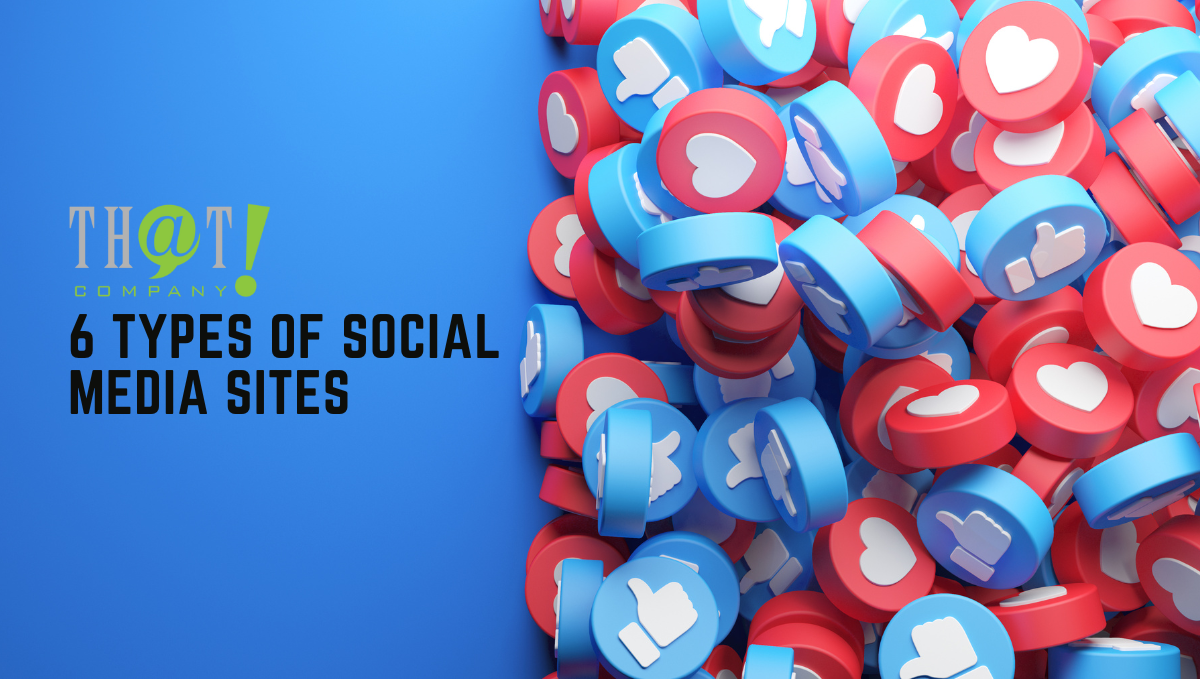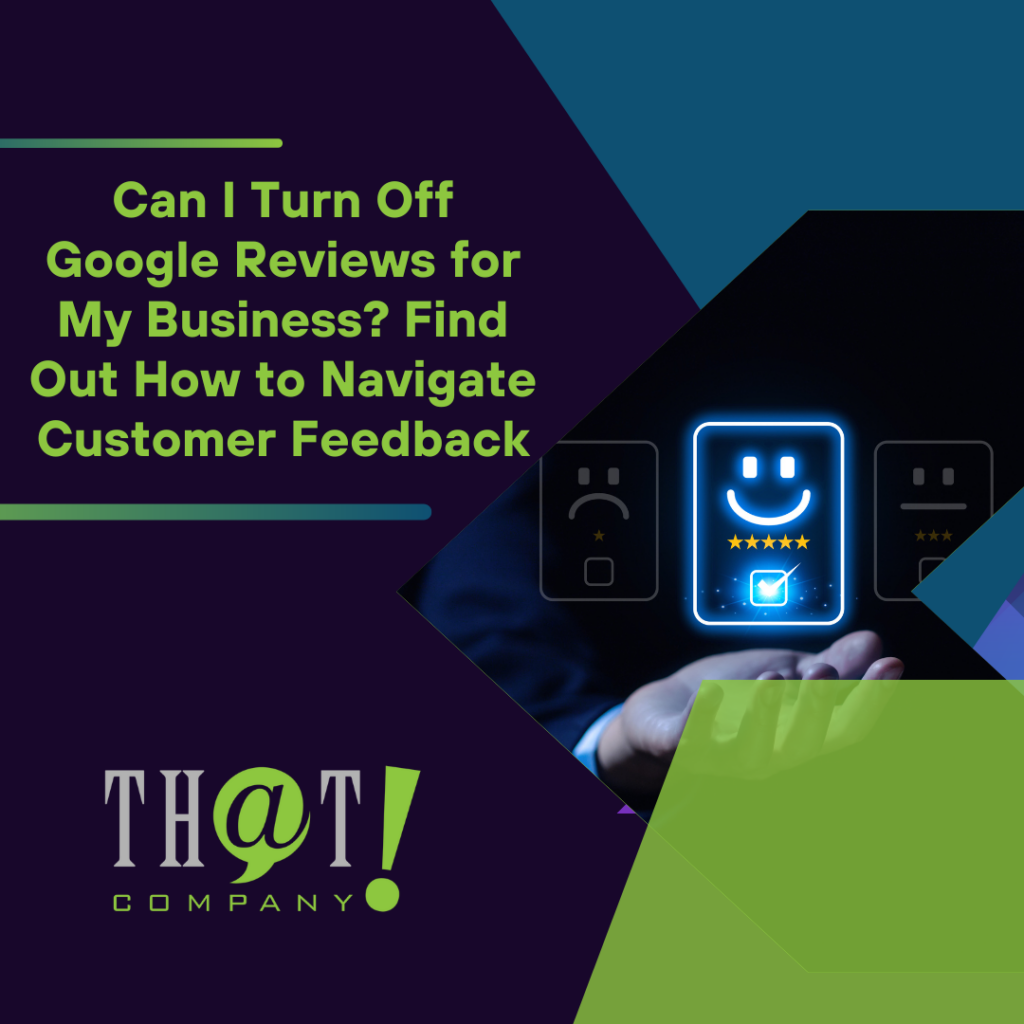
Social media has become a dominating force with over half of the world’s population being involved in one form or another. Not only that, but the average user of social media interacts with as many as 6 different social media platforms. While that number may initially seem excessive, if you look a little closer into what is classified as social media, you’ll start to understand how this is possible (and why white label social media marketing is a good investment).
Read More: What Does White Label Mean?
Social media is a term used to describe technologies like websites and applications that facilitate virtual interaction, communication, collaboration, and the creation, sharing, and expression of ideas, information, etc. Some popular social media are Facebook, Instagram, and Twitter. However, while the above may be some of the most popular social media platforms, you may be using an app or website without realizing that they fall under social media.
We’re going to dive deeper into 6 different types of social media and give you a better understanding of each and how companies and marketing teams can use this knowledge to gain access to a bigger and broader audience.
That! Company is the leader in White Label Social Media Management, delivering social media campaigns and outstanding results for agencies and their clients world-wide. Can we help you? Learn More about our White Label Social Media Services and how we can deliver high impact results for your clients today!
1. Social Networking Platforms
 These sites are likely the ones people associate the most with social media. Facebook and Twitter fall under this category, but so do professional network sites like LinkedIn. As the name suggests, social networking sites are used to build social relationships. On these sites, you interact with family, friends, colleagues, and even big brands and companies.
These sites are likely the ones people associate the most with social media. Facebook and Twitter fall under this category, but so do professional network sites like LinkedIn. As the name suggests, social networking sites are used to build social relationships. On these sites, you interact with family, friends, colleagues, and even big brands and companies.
Users can share content with one another whether in written format, or as images, graphics, and videos. Here, people can get involved in communities that share a common interest and join groups, pages, and chats where they can interact and discuss.
Marketing teams can also gauge social media ROI allowing them to come up with effective strategies.
3 ways social networking sites can benefit your business:
- Statistics don’t lie; social media platforms are filled to the brim with people. These people come together and form communities based around similar interests or needs. Companies can make use of targeted ads where people that fit into specified targeting parameters get served ads that they may be interested in. This way, ad budgets can be directed towards the ideal audience.
- It’s all about engagement and building connections. Interact with your followers. Find your ideal customers and business collaborators by using hashtag functions and groups.
- Research: Social media platforms are wonderful places to find consumer insights and use social listening technologies to monitor conversations centered around particular topics. This can improve our capacity to understand (and serve) our audience.
2. User Review Sites
When purchasing a product, finding a restaurant, or booking a hotel, people often check other people’s experiences with those products or services to aid their decisions.
Sites like Yelp and TripAdvisor are known as review sites. Here, users can rate their experience and leave a review on aspects or the whole of a product or service. When potential customers have qualms about the quality of a product they wish to purchase, reviews are a valuable information resource.
Reviews are a great guide for businesses for 2 reasons:
- They give you an insight into what the customer sees. What is the customer experiencing when they interact with your product or service? Reviews can help you pinpoint what areas are excelling and areas in need of improvement.
- Use reviews to find and resolve issues. Even companies with the best intentions sometimes experience flukes in their service or product. Customer reviews allow you to discover these issues and polish these areas.
3. Image Sharing Platforms
Image-sharing sites like Instagram, Pinterest, and Imgur are testaments to the popular appeal of visual media. These sites are primarily used for the creation, organization, and sharing of image-based content.
Benefits for a business:
- Visual content comprises some of the most successful and engaging media for marketing. Graphics catch the attention, and in an age where attention spans are low, they can sometimes purvey information more effectively than through wordy posts.
- User-generated content is valuable. You can encourage users of your product to share a picture using the product and include a special hashtag.
4. Video Hosts
 Smartphone cameras gave people the ability to take videos anytime and anywhere. Video social media sites gave people an accessible medium to share their content for others to watch, rate, and interact with. Video hosting platforms include the likes of YouTube, Dailymotion, and short-form video sites like Tiktok.
Smartphone cameras gave people the ability to take videos anytime and anywhere. Video social media sites gave people an accessible medium to share their content for others to watch, rate, and interact with. Video hosting platforms include the likes of YouTube, Dailymotion, and short-form video sites like Tiktok.
Benefits of video hosting sites for business:
- Comment sections are valuable in a couple of ways. First, you can use them to get to know your audience. Comments also can be a type of review for the content.
- Streaming platforms like Twitch have caught the eye of sponsors and companies because of the benefit of real-time engagement and the unique and creative content developed around them.
5. Open Blog Platforms
Some social media platforms have a word limit and images may not be enough to capture the full meaning of what someone wants to share.
While some people go the extra mile by hosting their own website, some can rely on blogging platforms like Tumblr or Blogger where they have the freedom and space to express themselves and connect with their followers.
Benefits of these blogging sites for businesses include:
- Blogs are a great way to develop a voice or brand identity. Knowing your own voice means you’ll attract the ideal audience. This can also give readers a more in-depth look at the people behind the company and the values you hold.
- You can use blogging platforms to share older content with a new audience or create expanded versions of the content.
6. Discussion Platforms
While Facebook, Twitter, and several Youtube comment sections are places where conversation and sometimes hostile exchanges take place, there are certain sites specifically built for discussion. Reddit and Quora are examples of discussion sites where anyone can pose a question, state an opinion, answer a question, and even vote on which answers are the best.
2 ways discussion sites can benefit your business:
- Subreddits are public forums for specific topics within Reddit where people with the same interests can come together to share questions, posts, videos, and images. This is a great place for companies and their marketing teams to scout their target demographic and develop engaging content directed at them.
- Forums are a great place to find questions and deliver answers. If your company or business can provide meaningful answers, that may compel these users to visit your site.
What Social Media Platforms Should You Use?
 Perhaps now it’s easier to see how a person could have 6 or more social media apps installed on their phone. Social media is expansive, encompassing all types of media and users from the student to the business owner.
Perhaps now it’s easier to see how a person could have 6 or more social media apps installed on their phone. Social media is expansive, encompassing all types of media and users from the student to the business owner.
The ultimate benefit that social media has is the ability to connect with people. As a business, it’s crucial to be able to connect with your customers, know what your audience wants, monitor how those wants change over time, deliver answers, products, or services, and receive feedback for future improvements.
Simply put, the best social media site for your business depends on where your target audience hangs out. And yes, you can choose more than one!




























 Talk With Us
Talk With Us  Give Some Love
Give Some Love 


